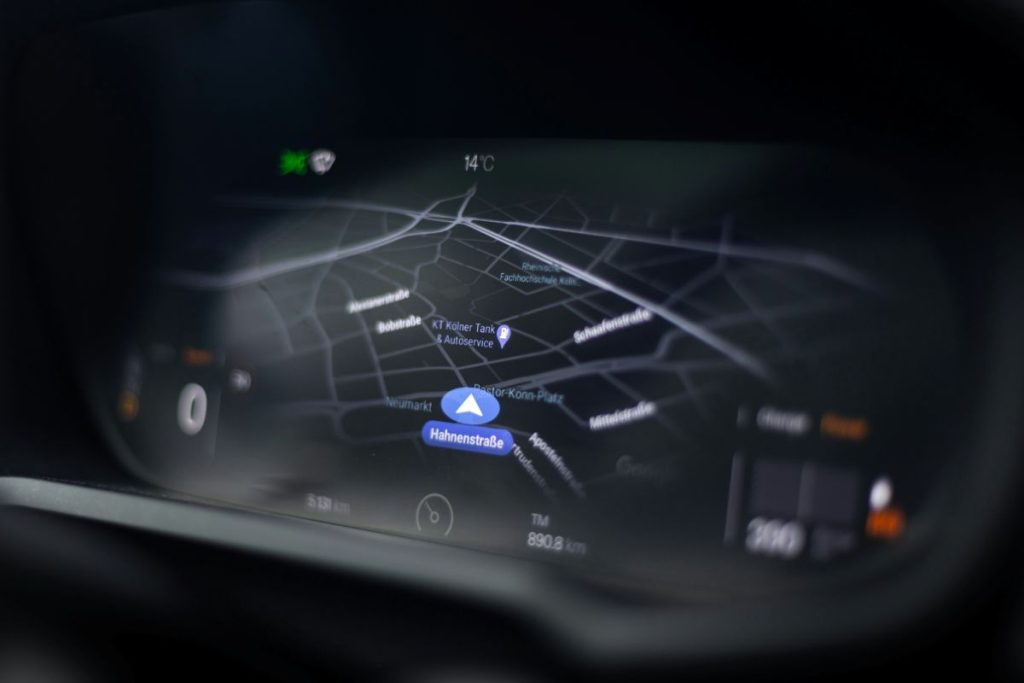How Smart Technology and Strategic Oversight Are Redefining Fleet Efficiency
Route optimization has come a long way from the days of printed maps and manual scheduling. Today, logistics leaders rely on advanced algorithms to process vast amounts of data in seconds, calculating the most efficient delivery routes based on fleet availability, traffic patterns, load capacities, and delivery deadlines. AI-powered software is taking the guesswork out of planning, promising faster, leaner, and more cost-effective logistics networks.
But here’s the catch—no system runs itself. While AI has transformed logistics, it’s not infallible. Technology thrives on clean data, but supply chains rarely operate in a perfect world. Warehouse delays, unloading complexities, driver preferences, and last-minute customer changes are everyday realities that software alone struggles to anticipate. That’s where human expertise still plays a vital role.
Where AI Excels—and Where It Needs Backup
AI-powered route optimization has been a game-changer for logistics. It reduces planning time from hours to minutes, slashes fuel costs by identifying the most efficient routes, and enhances real-time visibility. Logistics teams can track fleet movements down to the second, respond dynamically to unexpected disruptions, and provide customers with accurate ETAs. The ability to analyze historical data also helps companies refine planning over time, addressing inefficiencies and improving on-time performance.
Yet, even the most advanced algorithms can fall short when confronted with the nuances of real-world logistics. AI-driven systems are excellent at crunching numbers, but they can lack the adaptability that seasoned planners bring to the table. A perfectly optimized route on paper might not account for a driver’s familiarity with a location, traffic conditions that AI misjudges, or a stop that requires additional unloading time due to site-specific constraints. Without human oversight, automation can sometimes push efficiency at the expense of practicality.
The Hybrid Approach: Using AI to Elevate, Not Replace, Logistics Teams
The most successful logistics operations aren’t handing the reins entirely to AI—they’re finding the right balance. AI is at its best when it automates time-consuming calculations, allowing logistics teams to shift their focus from manual route planning to strategic decision-making. With real-time insights and predictive analytics at their disposal, leaders can fine-tune fleet operations with a level of precision that was previously impossible.
A smart logistics model doesn’t just optimize routes—it optimizes the workforce. Route planning is no longer about choosing between AI or human expertise; it’s about enabling logistics teams to make smarter, faster decisions with AI as a powerful tool rather than a standalone solution.
For example, automation can generate an optimal route based on fuel efficiency and delivery deadlines, but it won’t account for the driver who needs to be home by a certain hour or the unpredictable delays at a specific warehouse. A human planner can adjust these details to balance efficiency with operational realities, ensuring that technology enhances decision-making rather than dictating it blindly.
What’s Next? The Logistics Leaders Who Will Win the AI Revolution
The next frontier in logistics isn’t just about implementing AI—it’s about how well businesses integrate it into their operations. Companies that take a structured, strategic approach to AI adoption will gain the biggest competitive advantage. That means upskilling teams to work alongside automation, refining AI inputs to improve accuracy, and ensuring that real-world logistics experience informs data-driven decision-making.
AI is not here to replace logistics teams. It’s here to supercharge them. Leaders who understand this—and who empower their workforce to leverage AI intelligently—will be the ones who redefine efficiency in the modern supply chain. The future belongs to logistics operations that recognize AI not as a competitor to human expertise, but as the ultimate force multiplier.







